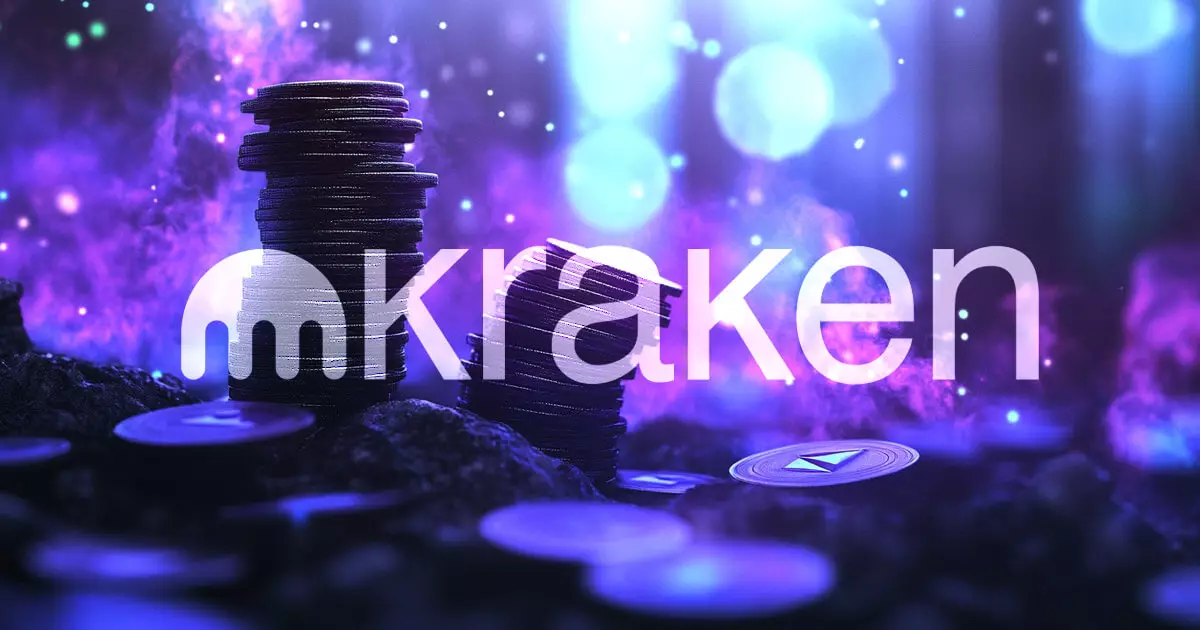Kraken, a prominent player in the cryptocurrency exchange arena, has made waves by reintroducing its onchain staking services for U.S. clients. This comes after a tumultuous period marked by rigorous regulatory scrutiny that forced the cessation of its previous staking offering. The new service, which allows users in 37 states and two territories to stake a range of digital assets—including Ethereum (ETH), Solana (SOL), Polkadot (DOT), and Cardano (ADA)—is a notable progression in Kraken’s service roster. The announcement made on January 30 underscores a calculated strategy to restore an essential feature of its platform while adhering strictly to regulatory frameworks.
Prior to this move, U.S. users experienced a significant setback when Kraken halted its staking services following a settlement with the Securities and Exchange Commission (SEC). This settlement involved a $30 million penalty and an agreement to cease the unregistered staking operations that attracted regulatory attention. The newly launched staking product is designed not just to restore user access but also to align with the services offered to international clientele, thereby enhancing parity between domestic and global users. Kraken’s commitment to this balance highlights the competitive nature of the crypto market and the need to cater to varying regulatory landscapes.
In a statement that encapsulates the company’s optimism, Mark Greenberg, Kraken’s global head of consumer, remarked on the positive implications of this launch for the entire U.S. crypto ecosystem. The updated staking model operates under a fundamentally different structure than its predecessor. It delegates user-staked assets to validators who manage transaction processes and bolster blockchain security. This method not only preserves user incentives—distributing rewards after deducting fees—but also aims to ensure compliance with existing laws, an aspect that was lacking in previous iterations.
The resurgence of Kraken’s staking services signals a potential shift in how cryptocurrency firms navigate the regulatory environment while maintaining core functionalities. Staking, particularly through proof-of-stake (PoS) mechanisms, has gained traction within the crypto community. It enables users to actively participate in securing blockchain networks while earning rewards, yet it faces scrutiny over its classification as a possible unregistered securities offering. Kraken’s careful approach may serve as a blueprint for other companies grappling with similar regulatory challenges.
Despite the promising outlook, Kraken has been transparent about the risks involved in staking operations. Users must remain cognizant of potential slashing penalties, bonding periods, and the volatility that can lead to asset depreciation. By openly discussing these risks, Kraken aims to foster informed decision-making among users as they engage with the staking product. As the landscape continues to evolve, the focus remains on how innovative strategies can harmonize with strict compliance measures in a sector characterized by rapid growth and uncertainty.















